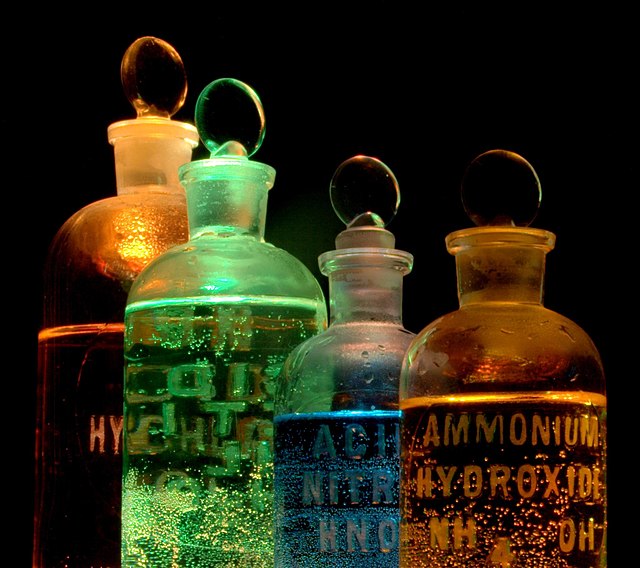In physics and chemistry, ionization energy (IE) is the minimum energy required to remove the most loosely bound electron of an isolated gaseous atom, positive ion, or molecule. The first ionization energy is quantitatively expressed asX(g) + energy ⟶ X+(g) + e−
These electron configurations do not show the full and half-filled orbitals.
Here the added electron has a spin opposed to the other 2p electrons. This decreases the ionization energy of oxygen
Because of a single p-orbital electron in gallium's configuration, makes the overall structure less stable, hence the dip in ionization energy values
Actinium's electron configuration predetermines that it would require less energy to remove that single d-orbital electron, therefore even though it has a larger EC, radium still has the higher IE
Chemistry is the scientific study of the properties and behavior of matter. It is a physical science within the natural sciences that studies the chemical elements that make up matter and compounds made of atoms, molecules and ions: their composition, structure, properties, behavior and the changes they undergo during reactions with other substances. Chemistry also addresses the nature of chemical bonds in chemical compounds.
Image: Sulfur sample
Image: Sal (close)
Laboratory, Institute of Biochemistry, University of Cologne in Germany
Solutions of substances in reagent bottles, including ammonium hydroxide and nitric acid, illuminated in different colors








